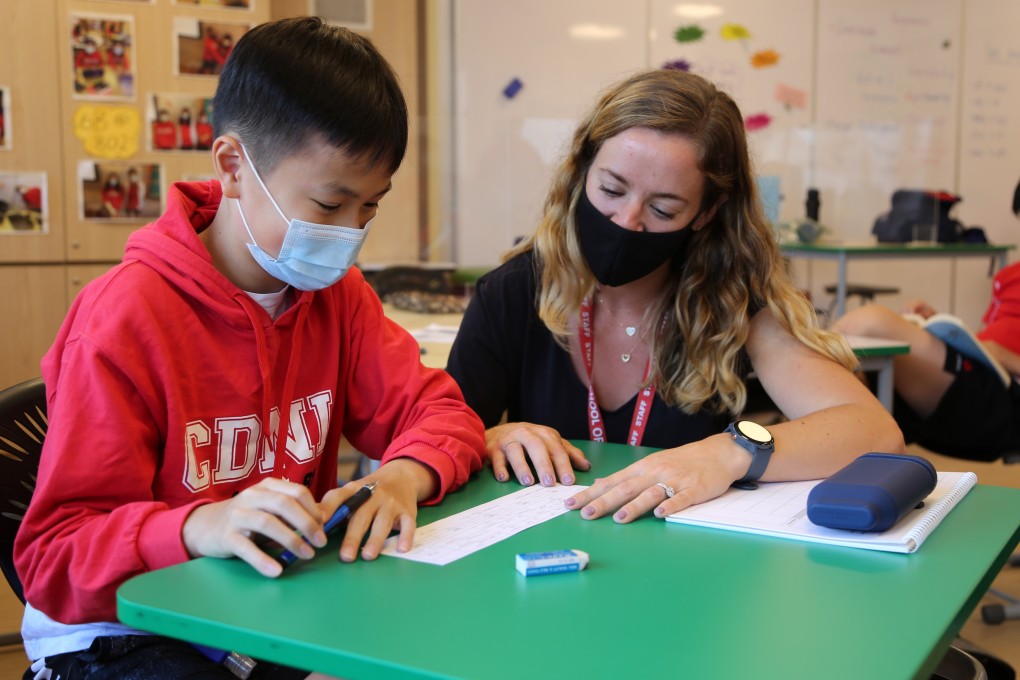Learning another language transforms how children think – in and outside the classroom – here’s how students are learning Mandarin, French, Spanish, Korean and more in Hong Kong’s international schools
- Mandarin and French are the most common additional languages taught in Hong Kong and Bain consultancy say such multilingualism can aid studies in other subjects
- Spanish and Korean are among the options at certain schools, with on-screen and online exposure offered to compensate for limited in-person exposure outside of class

Learning a second language can help develop a student’s cognitive abilities for better thinking, reasoning and problem-solving skills, and those who speak multiple languages are more likely to excel in other academic subjects. Fluency in a foreign language can also prepare students for future studies and their career in our global economy. To this end, nearly all Hong Kong’s international schools offer students options to learn a second, or even third, language in addition to English, which is typically the primary medium of instruction.
Lack of exposure to the target language has long been a major challenge for students learning a foreign language, especially in Hong Kong which has a predominantly Cantonese-speaking population. Schools have designed various programmes and activities to counter this problem and facilitate their students’ learning.
There is also often a general lack of practical support from parents which is essential for children learning a foreign language. Nonetheless, with guidance and support from the schools, even parents who cannot read and speak the foreign language being studied can support their children in a fun and enjoyable way.

David Butler, acting upper school principal of Canadian International School of Hong Kong (CDNIS), said the International Baccalaureate (IB) requires all students to engage in language acquisition throughout their schooling as part of its goal to cultivate international mindedness and promote peace through intercultural understanding.
According to Butler, CDNIS promotes the study of French as part of the school’s Canadian identity, and Mandarin to give its students an advantage in a world that will be characterised by China’s ascent as a world power. As students join the upper school in grades six to eight, they study both Mandarin and French. Mandarin is offered in six different phases, while different French classes serve both beginner and advanced French speakers. In the high school years, most students continue in either Mandarin or French, though they can study both. In the International Baccalaureate Diploma Programme (IBDP) years, the school offers Mandarin, French and Spanish as options.
Bain research has shown that multilingualism’s benefits extend beyond the ability to master languages, which is in itself a great asset. Multilingual children who have increased cognitive abilities also do well in subjects such as maths, the sciences and humanities. Multilingualism increases cultural awareness and empowers students to be better global citizens.
In addition, research has found the benefits extend beyond a student’s time in school, with the ability to speak another language even shown to be beneficial in fighting dementia in later life.
